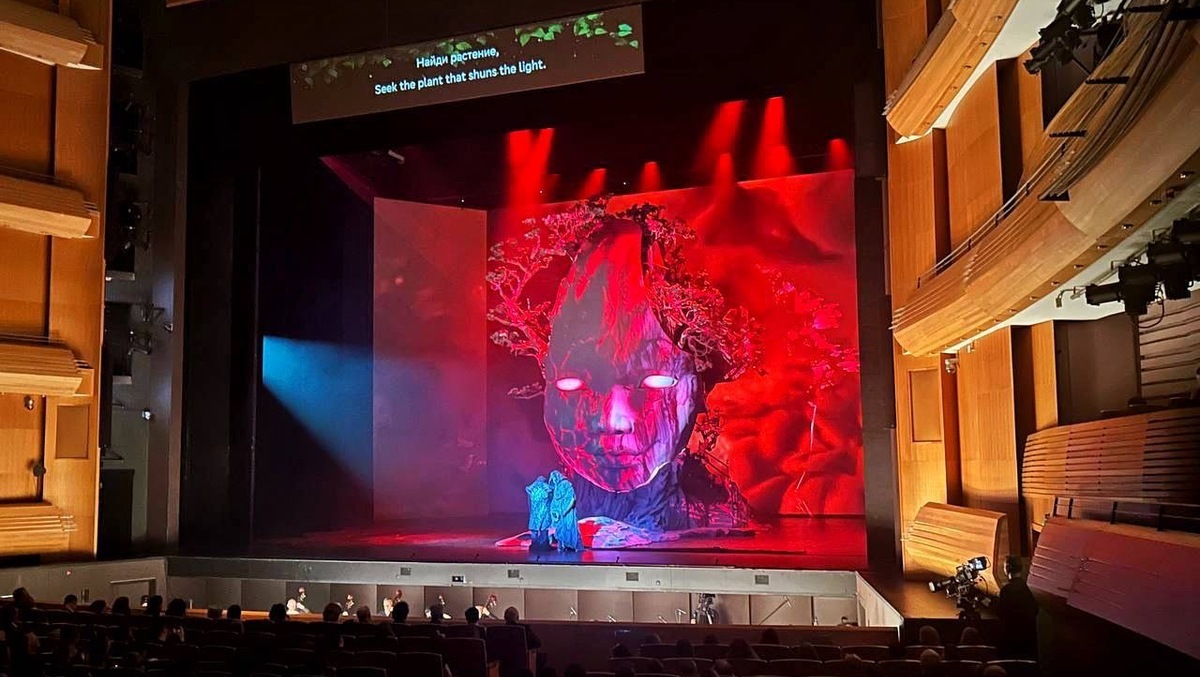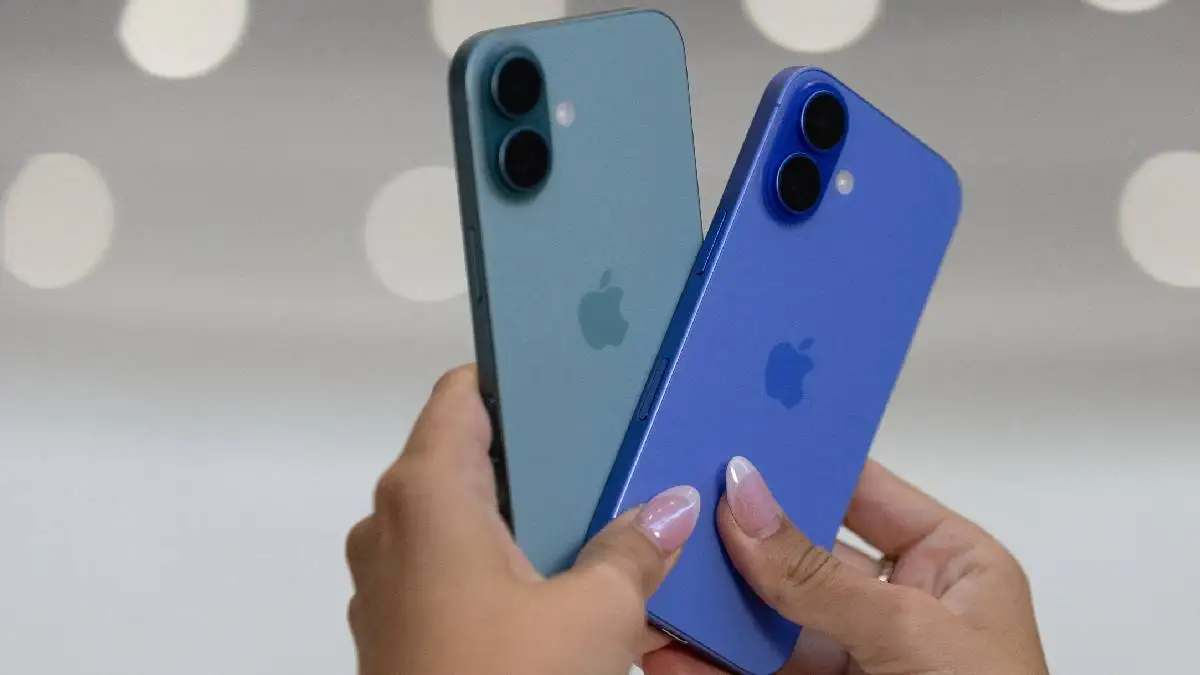- TECHSWU
- Posts
- TECHSWU
TECHSWU


China is making waves in military technology with its innovative mosquito-sized drones, designed for stealthy surveillance and precision operations. Developed by the National University of Defence Technology, these tiny UAVs are revolutionizing covert missions, providing intelligence gathering in environments where larger drones would be too conspicuous.
Equipped with flapping wings that mimic insects, these micro-drones can effortlessly navigate urban landscapes, infiltrating enemy zones unnoticed. Their advanced design addresses significant engineering challenges, balancing size with the functionality of power sources and sensors.
As global competition heats up in the micro-drone arena, this breakthrough not only underscores China’s commitment to military modernization but also redefines the future of warfare—shifting the emphasis from brute force to intelligence and precision tactics. With nations racing to produce their own miniature UAVs, the implications for military strategy and conflict resolution are profound.


Is artificial intelligence reshaping the fashion industry? Absolutely! As designers like Gianluca Traina integrate AI tools into their workflows, they're transforming traditional fashion design. Innovations like “Botika” and “CLO 3D” empower creators to prototype virtually, while AI analytics revolutionize everything from supply chain management to personalized marketing strategies, reducing waste and enhancing transparency.
However, the human touch in creativity remains irreplaceable, as echoed by runway model Shaun Anthony Hill, who emphasizes the magic of live performances. Retail giants like Revolve are leveraging AI for personalized shopping experiences and efficient inventory management.
As educators like Naomi Ellis equip students with AI skills, the future of fashion seems promising, blending creativity and technology. While jobs may evolve, the industry's heart—human artistry—will continue to thrive amidst this transformation.
AI isn’t about replacing artists; it’s about allowing them to focus on what they do best.

The Mariinsky Theatre in St. Petersburg has made waves with the premiere of "Mandragora," the world's first opera crafted in collaboration with artificial intelligence.
As part of the esteemed Stars of the White Nights Music Festival, this groundbreaking production blends the visions of composer Peter Dranga and AI systems from Sberbank, showcasing a seamless fusion of technology and artistry. Tchaikovsky’s original concepts serve as the foundation, while AI tools streamline the libretto, musical composition, and scenic design, allowing human creativity to thrive.
The ambitious opera features over 170 artists, including a full symphony orchestra and acclaimed soloists, bringing Tschaikovsky's spirit back to the stage that was meant for him. Artistic Director Valery Gergiev highlights the balance of innovation and tradition, envisioning a future where AI and human talent work hand in hand to reimagine the performing arts.
"Mandragora" is set to become part of the Mariinsky's repertoire for the 2025-2026 season.

As artificial intelligence (AI) advances at lightning speed, concerns mount over the future of entry-level jobs. With automation increasingly taking on tasks traditionally held by newcomers in the workforce, experts are warning that certain positions may vanish altogether.
From customer service roles to data entry jobs, the rise of AI could spell trouble for first-time job seekers, leaving them to compete in a market that's continuously evolving. In a world where machines handle more of the work, young professionals might find themselves vying for fewer opportunities.
This article invites readers to ponder the implications of AI on job security and what it means for the next generation entering the workforce.

Excitement is building as the Nothing Headphone 1 is set to make its debut on July 1, alongside the highly anticipated Phone 3! A leaked video has revealed intriguing glimpses of these over-ear headphones, showcasing their striking translucent design in sleek black and silver colorways. The headphone's retro-inspired earcups, which hint at a cassette tape design, feature a unique rectangular base and oval top, embodying Nothing's signature aesthetic.
We'll also see practical elements like a USB Type-C port, a 3.5mm audio jack, and physical buttons for easy playback control.
A robust 520mAh battery promises 5W wired fast charging support too. Priced at around $309 in the U.
S. and GBP 299 in the U.
K., the No.
1 headphones boast a partnership with KEF, suggesting superior sound optimization.

Get ready for the iPhone 17, set to launch this September! Exciting early glimpses reveal that Apple’s latest device will showcase two stunning new colors: fresh green and vibrant purple. While retaining the sleek design of the iPhone 16, the iPhone 17 series promises substantial upgrades, including a 120Hz display and the powerful A19 Bionic chip, enhancing overall performance.
Notably, the iPhone 17 Air could become a portless marvel, embracing wireless charging and eSIM technology. Photography enthusiasts will appreciate upcoming camera enhancements, such as an action button for improved photography.
As part of Apple's strategy to expand its manufacturing in India, the Tata Group has been awarded a service and repair contract for iPhones and MacBooks. With rising demand in the region, this partnership marks a significant shift in Apple’s supply chain approach amid global trade tensions.

In an incredible breakthrough for neurotechnology, Noland Arbaugh, the first recipient of Elon Musk's Neuralink chip, has amazed the world by drawing images with his mind. After becoming paralyzed in a 2016 diving accident, Noland underwent the groundbreaking procedure in January 2023, following FDA approval for human testing.
The tiny chip, embedded in his skull, connects with brain neurons to translate thoughts into actions, enabling him to control a cursor and create stunning digital artwork, including flowers and a sunny landscape. Noland, who previously showcased his ability to play chess and learn languages using the device, expressed his excitement at demonstrating this technology, noting the awe it inspires in others.
Musk envisions Neuralink advancing beyond aiding those with disabilities to eventually facilitate human-AI interaction, making this development not just a personal triumph for Noland but a significant step toward revolutionizing communication and cognition.